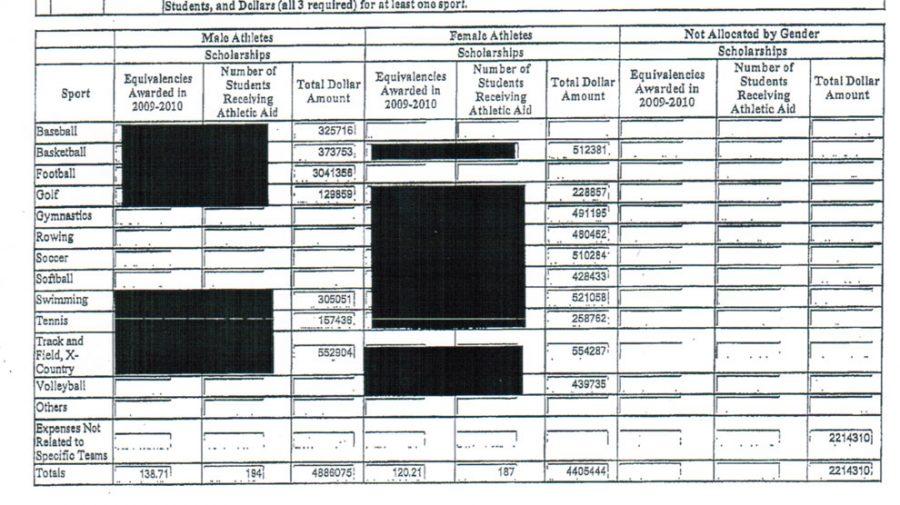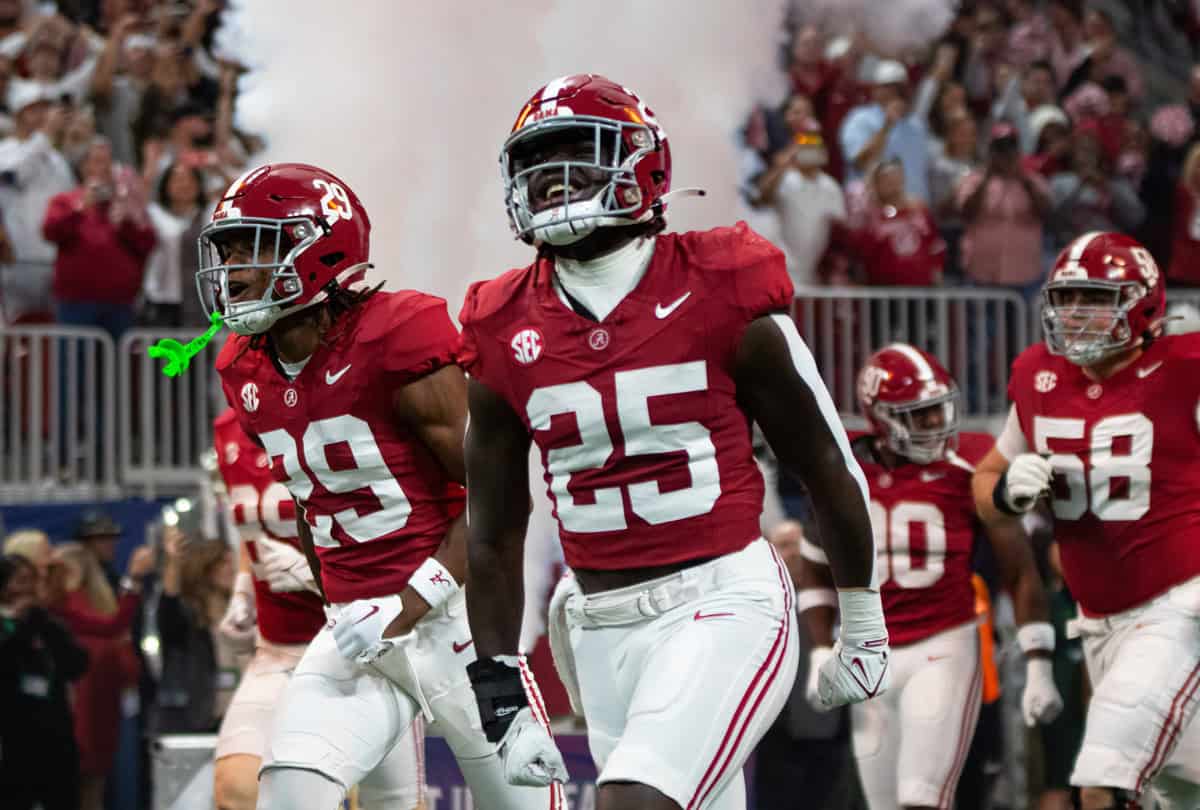In Alabama’s latest athletic department expense report, the University released the number of total scholarships allotted to athletics and the amount of money given to each sport’s scholarships but did not release the number of scholarships given to each sport, citing federal law.
The Federal Educational Rights and Privacy Act is a federal law that protects the privacy of student education records. The University of Alabama cited this, saying it could not release a breakdown of the number of scholarships in each sport. The University’s 2010 athletic expense report, which is a public record, was released to The Crimson White with scholarship numbers in each sport blacked out.
However, five other Southeastern Conference schools released their sports scholarship numbers when asked for them. No university besides Alabama declined to give these numbers except Vanderbilt, which is a private institution and did not release any of its expense report.
Deborah Lane, and assistant vice president for University Relations, said in an emailed statement that privacy laws prohibit them from disclosing scholarship numbers because they can be used by a reasonable person to find out personal information about individual students.
But law experts disagree.
“This information is not confidential,” said Frank LoMonte, the executive director of the Student Press Law Center. “In fact, Alabama routinely announces the names of star athletes it has signed to scholarships…. Other schools are comfortable releasing the numbers. There is no practical way that you could match up the number of scholarships with particular athletes and, even if you could, it would not compromise any private information.”
Lane said student athletes sign a form each year allowing the University to disclose their educational records to the SEC and NCAA.
LoMonte said if federal privacy laws really prohibited the University from releasing the number of scholarships in each sport, then the NCAA and the government would be penalizing the other institutions that are releasing the information.
“Federal privacy laws protect more than the disclosure of a name,” Lane said in an emailed statement. “The number of scholarships broken down by sport could allow a reasonable person to identify the name of a student. UA cannot speak to the reasons for the decisions made by other SEC schools.”
The entire SEC, especially Alabama, has been under fire recently for oversigning in football. Under NCAA rules, it is legal to sign more players to scholarships than the limit of 85 as long as teams are not over that limit by July 31. However, The Wall Street Journal reported in September of 2010 that former Alabama players said the school tried to gain a competitive edge by encouraging underperforming players to quit the team, allowing the Tide to not exceed the limit of 85 scholarships per season.
Because the deadline to get down to 85 football scholarships is July 31, when 2010 expense reports were filed, it would not have been a violation to be over the limit of 85. In fact, LSU and Mississippi’s 2010 athletic expense reports show the schools had 91 and 89 scholarships, respectively, allotted to football when the reports were filed.
“The University must disclose to the Department of Education a breakdown by race, sex and sport as to the number of basketball, football, baseball and track athletes getting scholarships, plus one catch-all category of all other sports combined,” LoMonte said. “So this information is largely already required to be made public under federal law.”







